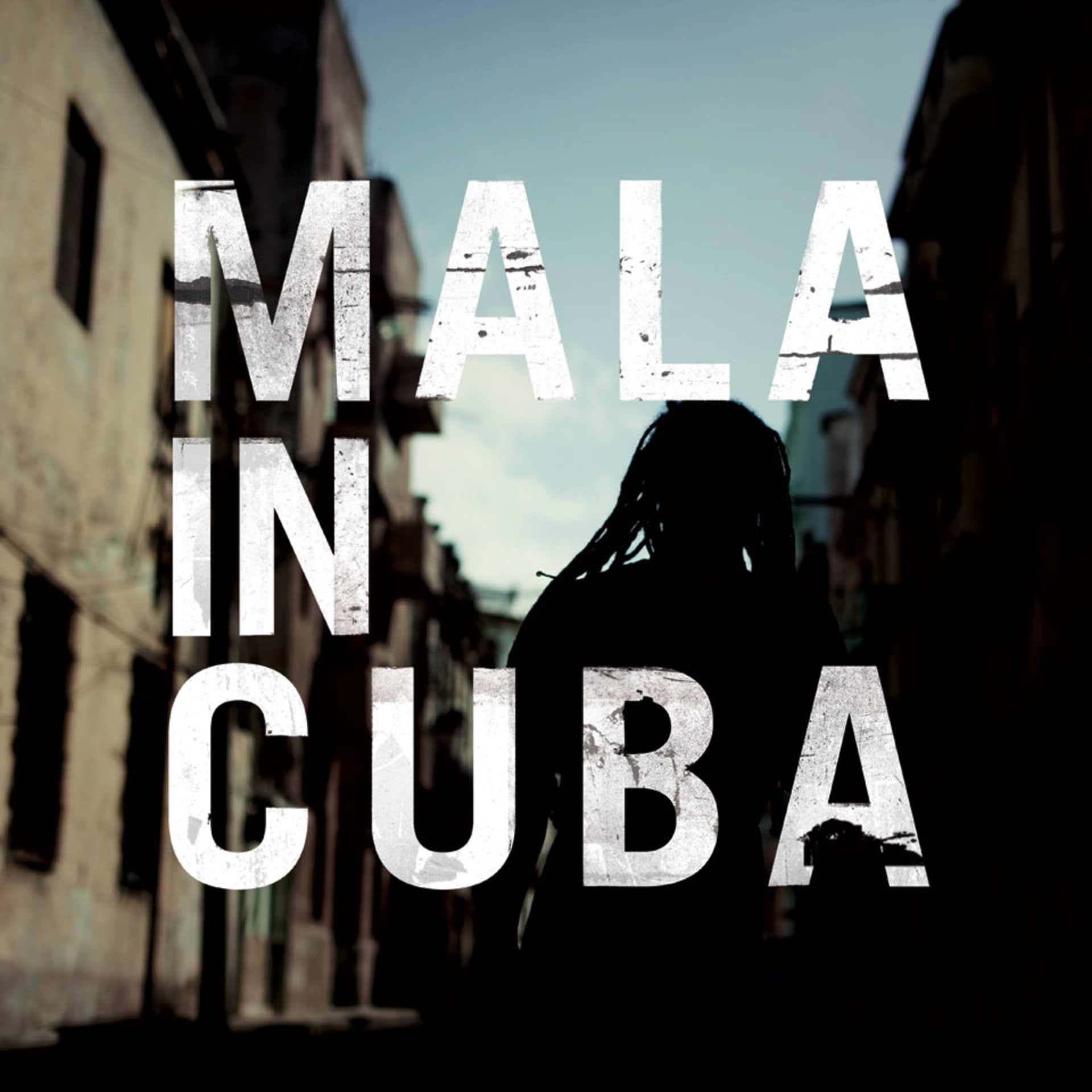
Scott Monteith aka Deadbeat recommends Mala’s Mala in Cuba
I came up in the mid-nineties jungle scene, going to parties every week back when Toronto had the biggest rave scene outside of London. From that entry point I worked backwards, musically speaking, with my taste diversifying into The Orb and Basic Channel until I eventually arrived at reggae and dancehall. Caribbean music has been entrenched within the club culture in Montreal and Toronto for a long time because, demographically, these two cities are the most popular destinations for Caribbean emigrants after the UK. This combination of my hometown’s cultural history and my own personal musical narrative ensured that it was Mala, of all the dubstep originators, who resonated with me. Listen to his early Digital Mystikz records like “Anti War Dub” and you can hear how he wears the reggae soundsystem history and drama on his sonic sleeve.
Maybe it was because of my roots background, but my excitement about this record was tempered by concern when I read about the concept of Mala travelling to Cuba with Gilles Peterson to collaborate with local musicians. I actually envisioned an Indiana Jones style map in my mind connecting musical bloodlines and you can clearly trace a path from everything that is happening within electronic dance music directly from the Caribbean; from when islanders first heard American R&B on the the radio, creating their own version, embedding the source code into their culture, exporting it with immigration to the UK, and having it mutate as it spreads across the continent and eventually return to the US. It’s like a low-speed one-watt modem intercontinental exchange. That said, while cross-pollination is a key part of any sound’s development, we can all think of examples where the signal is jammed; where poorly implemented cultural tourism forces roots music into a dance context and leaves us with horrible things like Gotan Project.
Thankfully, on Mala in Cuba, you hear both sides of the equation. Mala doesn’t sample distinctive percussion or melodies only to dump them in a square electronic framework. It’s more symbiotic than that. I find myself drifting away in the music, drawn into an acoustic element, only for the horns to burst into a massive delay cloud. Or I would be zoning in on this half-step beat, when suddenly a flourish of real instruments would emerge from this robotic soup. In some songs you can isolate individual voices that are being fed into the overall conversation between production and instruments: it’s physically impossible, for example, for somebody playing acoustically to generate frequencies at a high volume at 10 Hz – 20 Hz where all of the sub bass happens, so that’s Mala’s doing. He produces the extremely rigid “motorik” rhythms that shape the percussion; listen closely to the inky malevolence of “Cuban Electronic” and you can discern how straight the musicians are playing—or being cut up. On the kinetic “Tribal” however, it works the other way around, with the musicians finding rhythms and tempos Mala probably never would have arrived at on his own.
Listening to the record late one night, it occurred to me that this is the first album since Roni Size and Reprazent’s New Forms that I’ve heard differing influences become so brilliantly amalgamated. To me, this album is the first time that this generation of dubstep producers have really touched on and worked with original soundsystem culture. In short, it feels like the circle is complete. ~
–
Canadian Scott Monteith, aka Deadbeat, is a Berlin-based deephouse and dubtechno producer. In 2011 he founded his own label BLKRTZ. His latest album, Eight, was released this September. Mala in Cuba is out on Gilles Peterson’s Brownswood Recordings.
–
This text appeared first in Electronic Beats Magazine N° 31 (Fall 2012). Read the full issue on issuu.com:
Published September 27, 2012.
